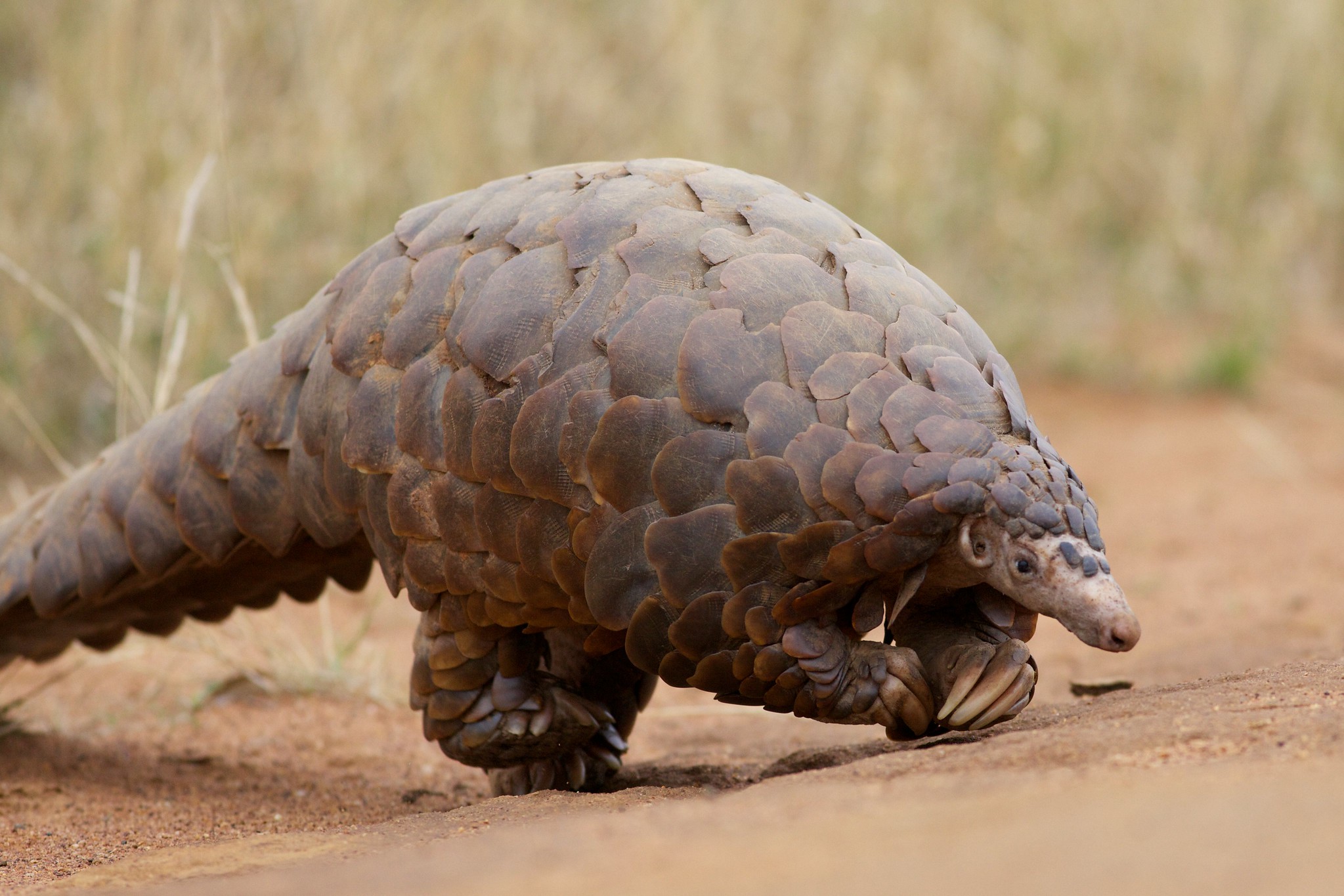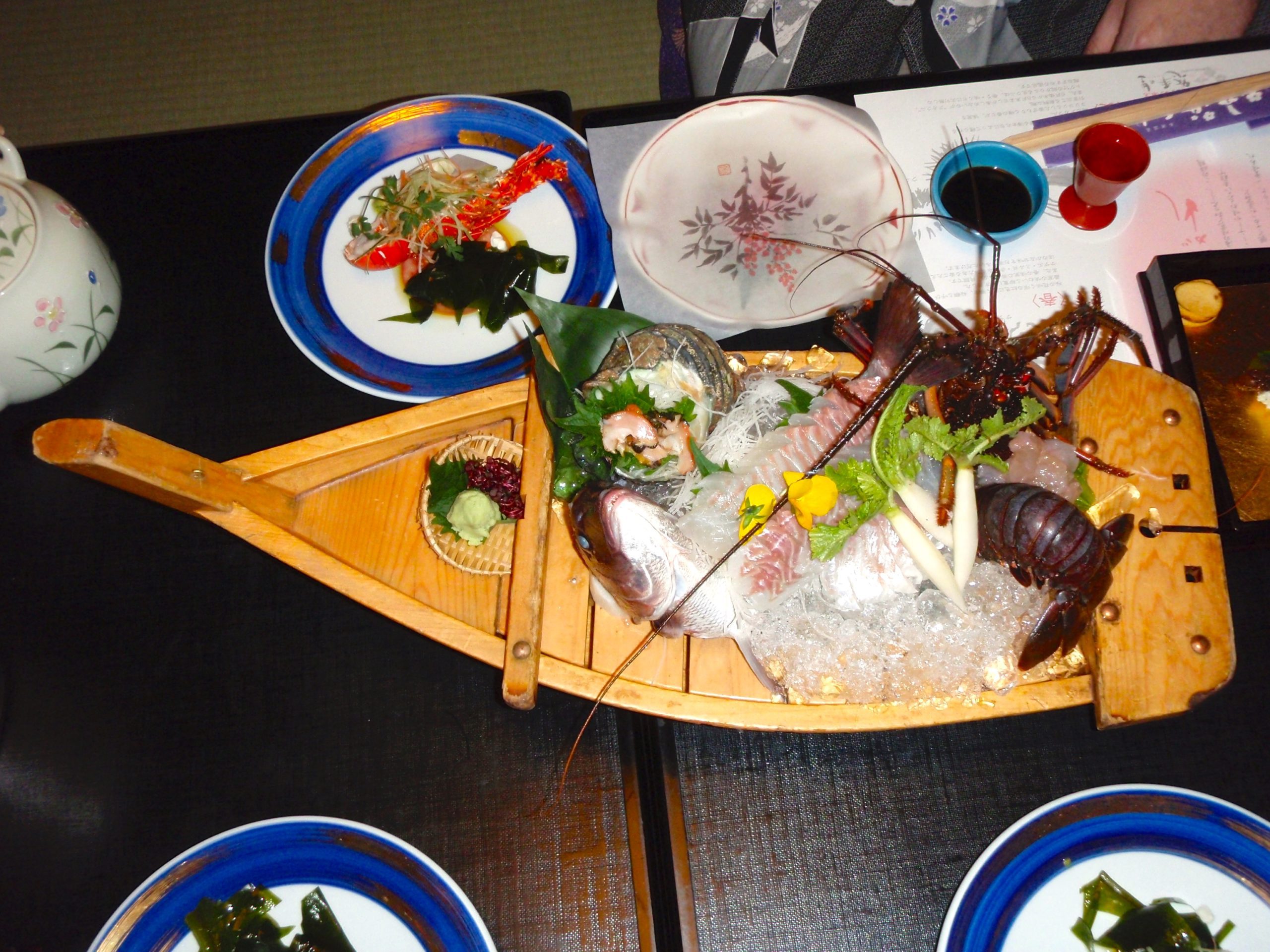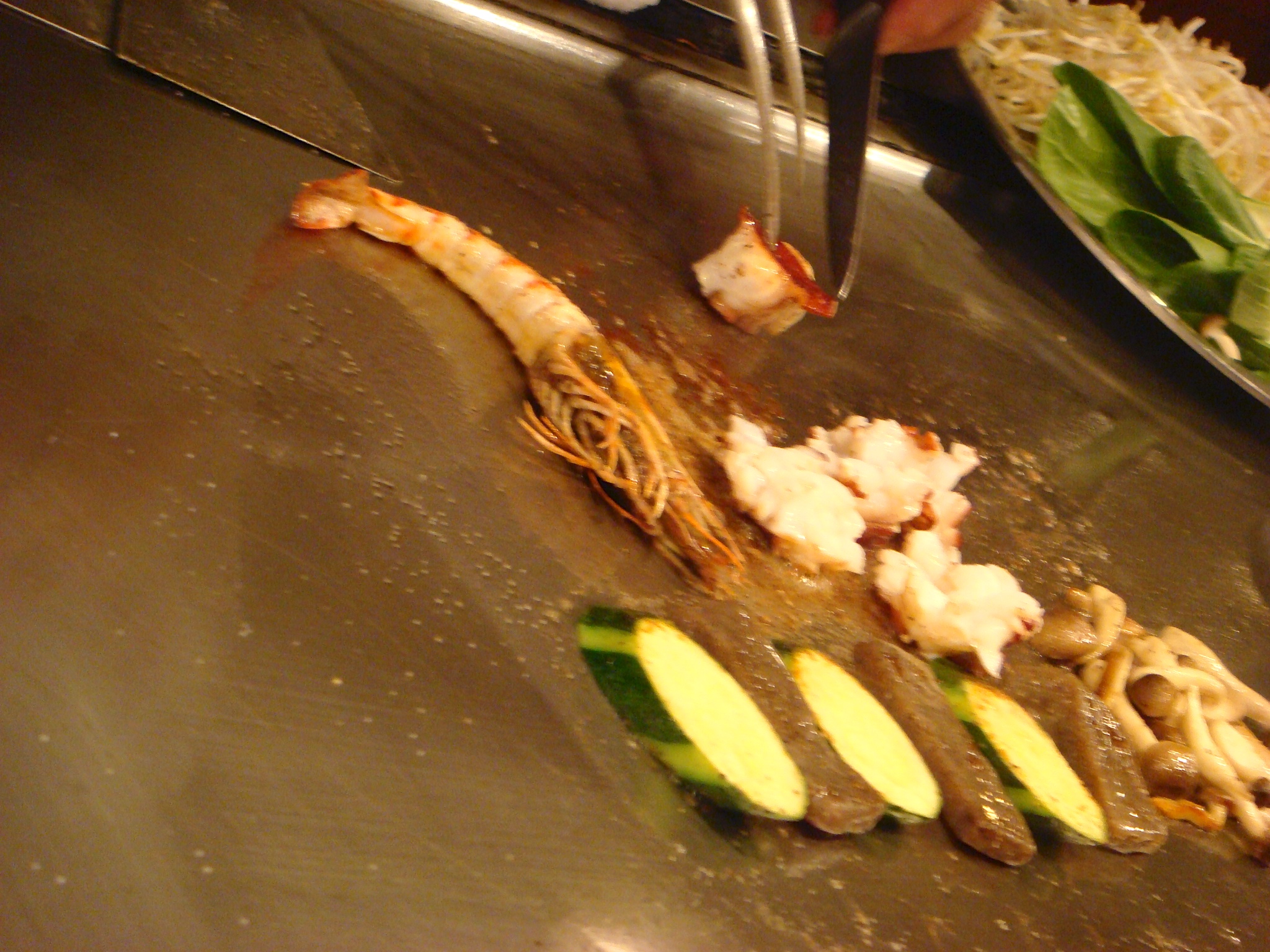One of the best things about traveling around the world is experiencing different cultures. This includes observing and hopefully following the social norms of the place you’re visiting. It also means you get exposed to foods you don’t usually see at home. Since you’re on vacation, you might say “What the heck! I’ll give it a try.”
Is the current health crisis going to make you have second thoughts when you’re offered an exotic meal with unknown ingredients?
I’m asking because one of the stories floating around is that the recent coronavirus epidemic is due to people in China eating bats. While the idea of a bunch of people sitting around the table passing a bat around like they’re part of an Ozzy Ozbourne fan club is entertaining, I’m sure that some people think that’s precisely what happened. Sorry to disappoint you, that’s not how this started.
Scientists know coronaviruses do exist in the bat population but how COVID-19 jumped to humans is unknown. There is a theory an exotic animal called a pangolin was involved, but that’s now being questioned.

“Scaly Anteater” by David Brossard is licensed under CC BY-SA 2.0
What does this have to do with what you eat when on vacation?
Japan is the most exotic place we’ve been (Note from Sharon: I can imagine people in Japan thinking, “Huh? We’re not exotic!” And frankly, I would agree with them LOL!) and even there we saw some foods on the menu that aren’t available at home. Anyone up for some horse meat sashimi?

Raw lobster?

This was the same place where we found out that we were served blowfish after we ate it. We all were nervous for the rest of the night and when we heard an ambulance siren in the distance, we hoped it wasn’t coming to our ryokan.
We were even surprised when going to eat something as simple as steak in Kobe. The shrimp starter was served with everything attached. The bone marrow was used to season another dish.

Our friend Steve joked that if he ended up in the hospital we should show this picture to the doctors so they knew what he ate. Spoiler: He was fine.
Final Thoughts
Part of the fun of visiting cities, especially in Asia, is walking through the markets. Some of the best food can be found either from street stalls or booths at food halls. You might not know what you’re ordering, but it looks tasty and smells delicious.
I remember this clip with Anthony Bourdain where he’s talking about sitting on a street in Vietnam eating something and he’s not totally sure what it is.
I’m not saying that I’m going to eat all of my meals overseas at McDonald’s. Trying local cuisine is part of the fun. However, I might stay away from some of the exotic ingredients. Just saying to myself that since the locals eat it, it must be fine isn’t going to be enough anymore.
#stayhealthy #stayathome #washyourhands
Like this post? Please share it! We have plenty more just like it and would love it if you decided to hang around and get emailed notifications of when we post. Or maybe you’d like to join our Facebook group – we have 12,000+ members and we talk and ask questions about travel (including Disney parks), creative ways to earn frequent flyer miles and hotel points, how to save money on or for your trips, get access to travel articles you may not see otherwise, etc. Whether you’ve read our posts before or this is the first time you’re stopping by, we’re really glad you’re here and hope you come back to visit again!
This post first appeared on Your Mileage May Vary

5 comments
I have definitely rethought my eating ‘exotic’ foods.
I’ve eaten dog in Vietnam, along with crickets, snake, worm and scorpion. If I had the opportunity to eat bat or camel in my travels I would have, not anymore.
You can eat all the bugs and reptiles that you want- the problem comes in eating under cooked meet- you can eat a bat that is served at 168 degrees or higher- that is pretty much true for all meat
My cooking thermometer doesn’t have a setting for “bat.”
Governments around the world need to support food security to combat the sake of exotic animals for food.
The conditions under which meat is produced in the Western world are not confidence inducing either. Remember H1N1? Beef, pork and chicken could be just as dangerous. Maybe it’s time to generally overthink our eating habits.